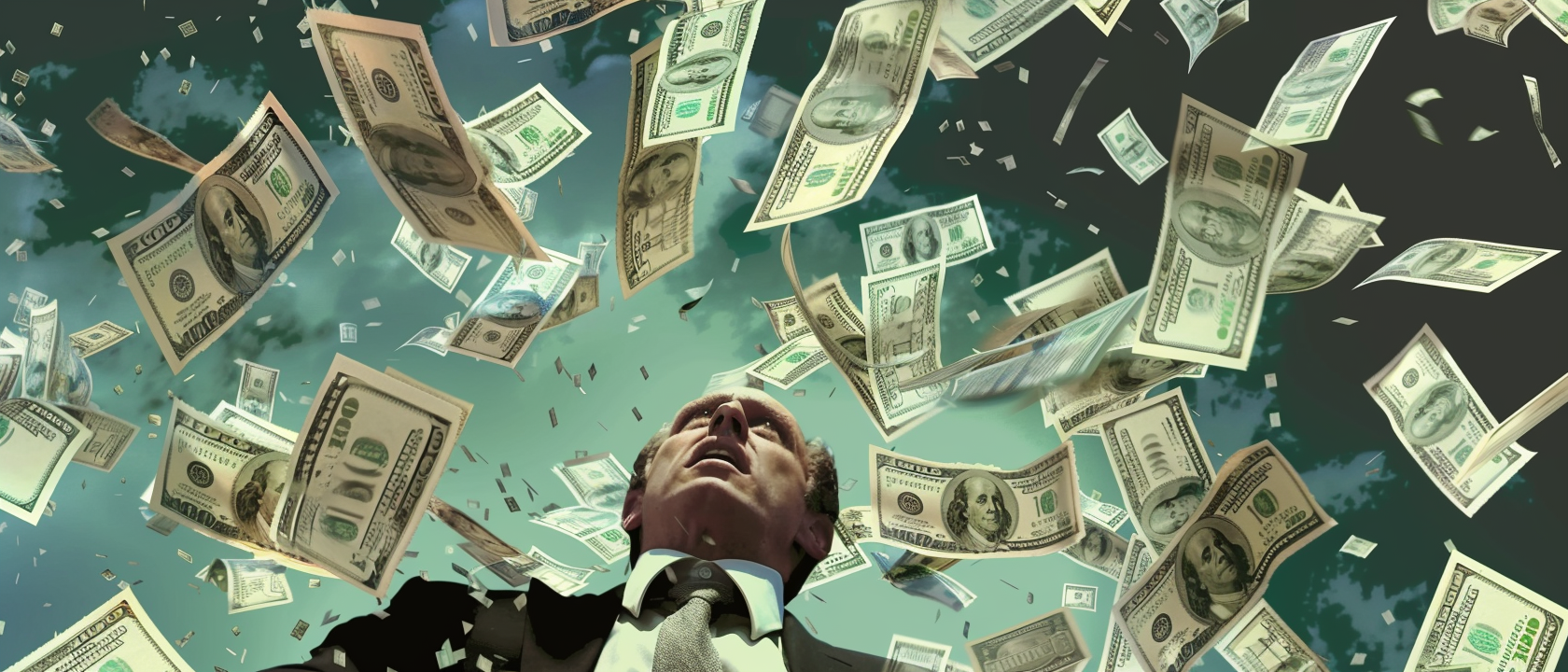
This article delves into the conversation between Tom Woods and Jeff Deist, exploring the deeper societal implications of inflation. They discuss how monetary policy affects not just the economy but also the cultural fabric of society.

In episode 2457 of The Tom Woods Show, host Tom Woods catches up with Jeff Deist, president of the Mises Institute and currently with Monetary Metals, to discuss the state of money, inflation, and the cultural and social ramifications of monetary policy. The conversation is broad-ranging, diving into the nuances of the current financial landscape and its broader impact on society.
The central theme revolves around the ongoing debate about whether the current generation is uniquely disadvantaged due to monetary policy and its effects on the economy. Gene Epstein's more optimistic take is contrasted with Peter St. Onge's perspective, which suggests that younger generations are indeed facing significant challenges, especially in areas such as housing and wealth accumulation.
Deist sides with St. Onge, highlighting that the middle class is being hollowed out, and despite Gene's arguments that living standards have not dropped, there are hidden measures of inflation and other costs like insurance and education that are skyrocketing. Deist points out that the comparison across eras is difficult, given that the quality and expectations of goods like houses and cars have evolved substantially.
The conversation takes a turn to the cultural implications of fiscal and monetary policy, delving into how four decades of declining interest rates have altered people's saving and spending habits, leading to less saving and more borrowing. Deist argues that this shift has profound societal effects, including changes in family formation and the decision-making of entrepreneurs.
Another critical point discussed is the role of economists and the need for them to bridge the gap between economics and cultural/social issues to better inform the public about the unseen consequences of central bank policies.
Lastly, the podcast touches on the challenges of personal finance in an inflationary environment, where saving has become less attractive, and investing has become a necessity, even for the financially unsophisticated.
The episode delves into the complex relationship between monetary policy and its far-reaching implications for society. While the immediate impact on price inflation is evident, the nuanced discussion with Jeff Deist reveals deeper cultural and social effects, such as the erosion of middle-class stability and changes in personal finance strategies.
The conversation underscores the need for economists to engage with the public on these issues, offering a narrative that transcends pure economics and connects with the lived experiences of individuals. In a world where personal finance has become increasingly complex and the economic landscape more uncertain, such insights are invaluable.
As the podcast concludes, it's clear that the issues discussed are not just academic but have real-world consequences that necessitate a broader understanding and proactive engagement from both economists and the public. The call to action is for a more informed and involved society that can navigate the challenges posed by monetary policy and its effects on our daily lives.